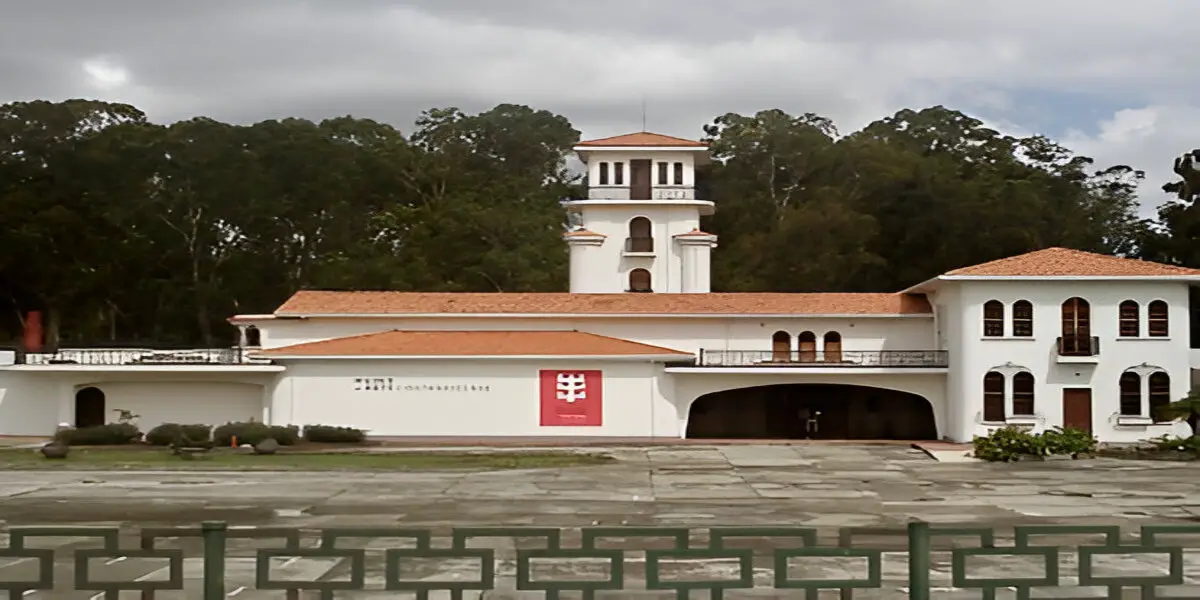In a bold move that signals growing tension within Costa Rica’s healthcare sector, the National Union of Medical Specialists (Siname) is steadfast in its call for members to cease all overtime work starting April 1st. This decision comes amidst a stalemate in negotiations with the Costa Rican Social Security Fund (CCSS) over salary conditions for these essential healthcare professionals.
A Standoff with No Resolution in Sight
On March 20th, Siname leadership met with CCSS management in hopes of finalizing a comprehensive salary package. However, the discussions ended in disappointment, with union leaders deeming the CCSS’s offer as “practically shameful.” According to Mario Alberto Quesada, president of Siname, the proposal fell short of addressing the specialists’ demands, offering a salary that remains below the sector’s average and requesting an additional six months to devise a definitive global salary scheme.
This deadlock is not new. A temporary agreement reached in July, which called off a planned overtime boycott in August, was predicated on resolving the salary issue by December 2023. The failure to adhere to this timeline has prompted Siname to reactivate their stance on not working beyond regular hours.
Implications for Healthcare Services
The refusal to work overtime, slated to begin immediately after Easter week and set to last for a month, could significantly impact healthcare delivery across CCSS facilities. Medical specialists, who play a crucial role in surgeries, diagnostic procedures, and specialized consultations, will not extend their services past 4 p.m., potentially exacerbating the congestion in operating rooms and delay in patient care.
At hospitals like Max Peralta in Cartago, where overcrowding is already an issue, the absence of specialists working overtime could deepen the crisis. According to union reports, the hospital has seen the resignation of 21 specialists in the past year alone, contributing to the growing waitlists for surgeries and other medical procedures.
The Broader Context of Healthcare Strain
Siname’s move underscores a broader challenge facing Costa Rica’s healthcare system. The reported resignation of over 242 specialists highlights a deepening discontent among healthcare workers, driven by not just salary grievances but also demands for better working conditions, organizational climate, and infrastructure improvements.
This unfolding scenario places the spotlight on the urgent need for dialogue and compromise between the CCSS and its medical specialists. As the standoff continues, the stakes are high, not only for the healthcare professionals and the government entity but, most importantly, for the Costa Rican public relying on timely and quality medical care.
As both sides navigate this complex issue, the resolution’s implications extend beyond the negotiating table, touching the lives of thousands of patients awaiting essential healthcare services. The coming weeks will be critical in determining the course of action that will impact the healthcare delivery landscape in Costa Rica for years to come.
Source link
admin


